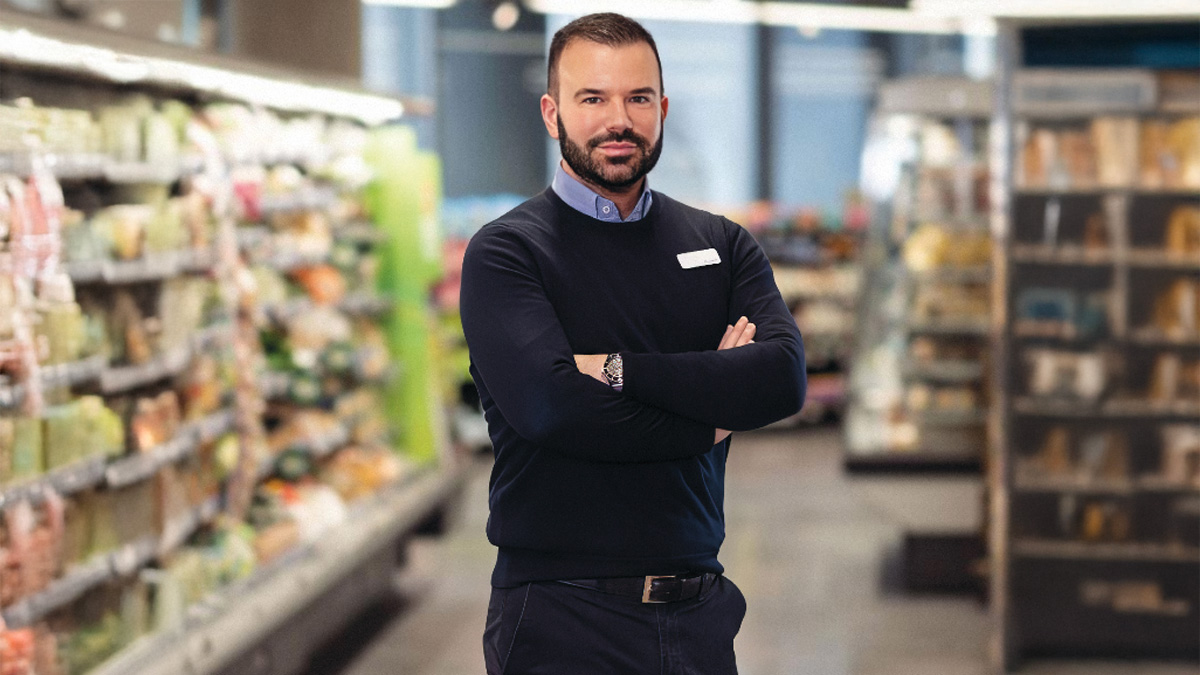Swingers and the rise of ‘competitive socialising’
Matt Grech-Smith talks about how Swingers leveraged pop-up spaces and social media to create a thriving business with a £39m turnover and plans for further expansion on the Business Leader podcast
 Matt Grech-Smith
Matt Grech-Smith
You can listen to our podcast interview with Matt Grech-Smith here.
Matt Grech-Smith and his business partner Jeremy Simmonds had an idea a decade ago that they called “competitive socialising”. They’ve created a mini-golf entertainment empire that is a thriving global business with a turnover of more than £35m. A pop-up space was vital for letting them test their winning idea of Swingers.
The pair had been in business together since their student days at Manchester and Leeds universities in the early 2000s when they set up a national network of club night events. That’s how the pair cut their teeth in business and at their peak they were reaching 25,000 students a week. They sold this business to a communications firm, which was keen to tap into their customer base.
By 2014 the pair were hungry to try out their new idea. Bowling and table tennis had established themselves as sports you could do in a licensed entertainment venue. They wanted to do the same for mini golf, which is more often associated with trips to the seaside. They wanted to reimagine it as an activity in an indoor, inner-city venue, with guests being served cocktails and street food while they putted their way around a neon-lit course.
Grech-Smith explains that the changing social media landscape influenced their thinking: “Instagram was taking off, people wanted to show off the experiences they were having. It wasn’t enough just to have the experience, they wanted people to see what they were doing because it gave them currency.”
A so-called pop-up space then gave them the chance to test their idea with paying customers. These are cheaper commercial lets which become available when a property is between tenants, or perhaps the building will shortly be renovated or demolished. Grech-Smith’s pop-up was a 7,000-foot warehouse in east London and it gave him the chance to test out the idea for five months in 2014.

They launched a website and used a mailing list called ‘The Nudge’ to spread the word. The email they wrote to announce the pop-up was forwarded a record number of times and their website crashed. “We had our head in our hands at our kitchen table,” Grech-Smith recalls. They couldn’t take payments until it was sorted!
The test site made a six-figure profit. The whole experience gave them a proof of concept, which meant they could attract private investment and ensure their next ‘proper’ venue, two years later, was a success.
Although Swingers went through tough times during Covid, it managed to survive and is now in a strong place as experiential retail experiences gain traction on the high street. There are now two Swingers venues in London and two in the USA, in New York and Washington DC.
In 2023, the company’s turnover hit $50m (£39m) and it expects that number to reach $70m (£55m) globally this year. It also has plans for 12 more sites by 2025, including in Las Vegas and Dubai.
Around 40 per cent of their business comes from corporate customers, events like staff nights out and leaving-dos. Grech-Smith says he has observed a change, in this respect: “These days when there’s an office party, people are more likely to say, ‘What are we doing, rather than where are we going?’ There’s an expectation that there will be some kind of activity, especially if it means it will not put so much focus on alcohol.”
Covid’s legacy has had a big impact on the business too. A lot of the customers that used to go to nightclubs now go to ‘experiential’ high street retail spaces like Swingers, Grech-Smith reckons. Also, Friday has been dethroned as the big office night out. Tuesday, Wednesday and Thursday are the three busiest days of the week.
Others watching the success of Swingers are hoping to ‘copy and pivot’.
Grech-Smith says: “Other people [started] getting into the space, when they saw the reception we received, so there was a rush to market after us with other mini-golf concepts, or any other activity with a bar.”
The business of competitive socialising has become increasingly competitive.
You can listen to our podcast episode with Matt Grech-Smith on the story behind the growth of Swingers here:



